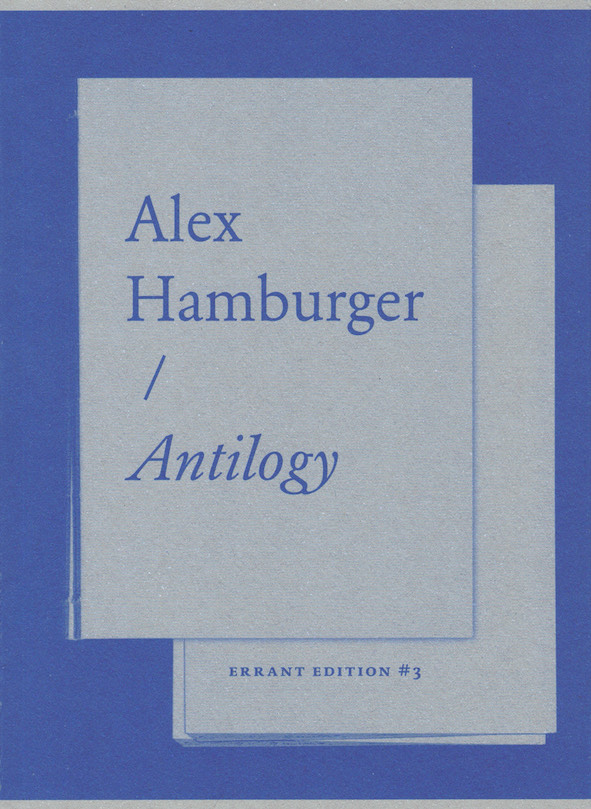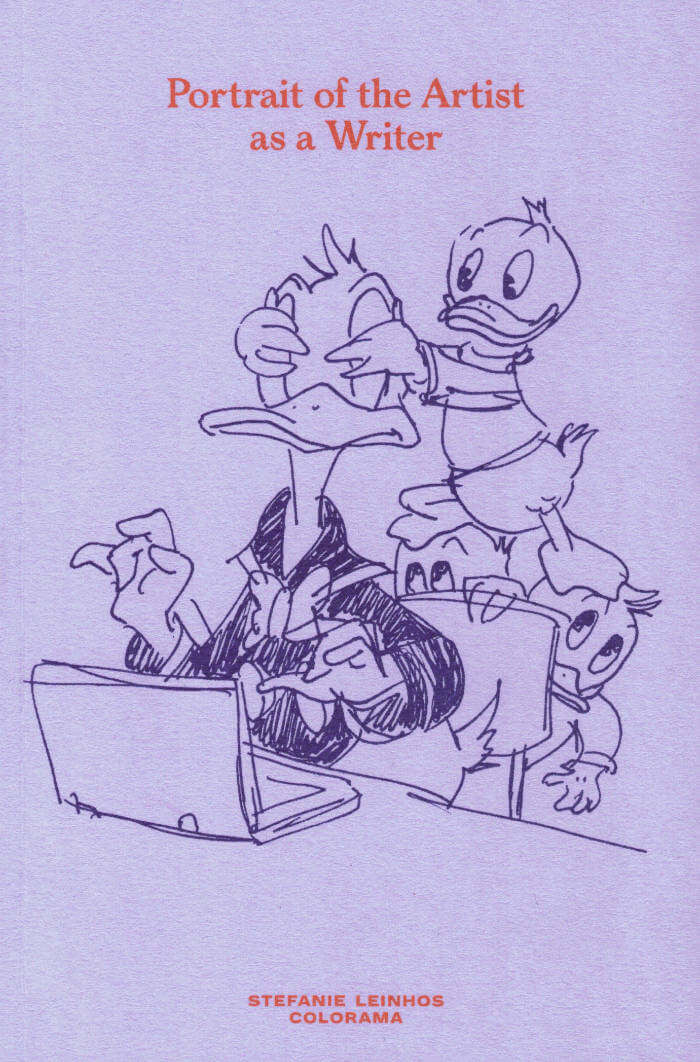
The Other Citizen
Drawing upon traditions of socially engaged poetics, Brandon LaBelle's The Other Citizen presents narratives of contemporary crisis and exclusionary politics—from American teenagers in the maze of neoliberal privatization to those caught between borders of nation-states—outlining the force of a planetary citizenry.
Brandon LaBelle is a musician, artist, writer, theorist, curator and editor (founder of Errant Bodies). His work is based on performance, sound installation, recording and use of found sounds. LaBelle reflects fluently on his artistic practice, drawing attention to the social dimensions of listening and manner in which sounds, in multiple variations, play upon public spaces, and drawing connections across media and incorporate video, as well as architectural and sculptural vocabularies into an expanded field that embraces rhetorical and spatial challenges.
Published September 2020.
Language: English





